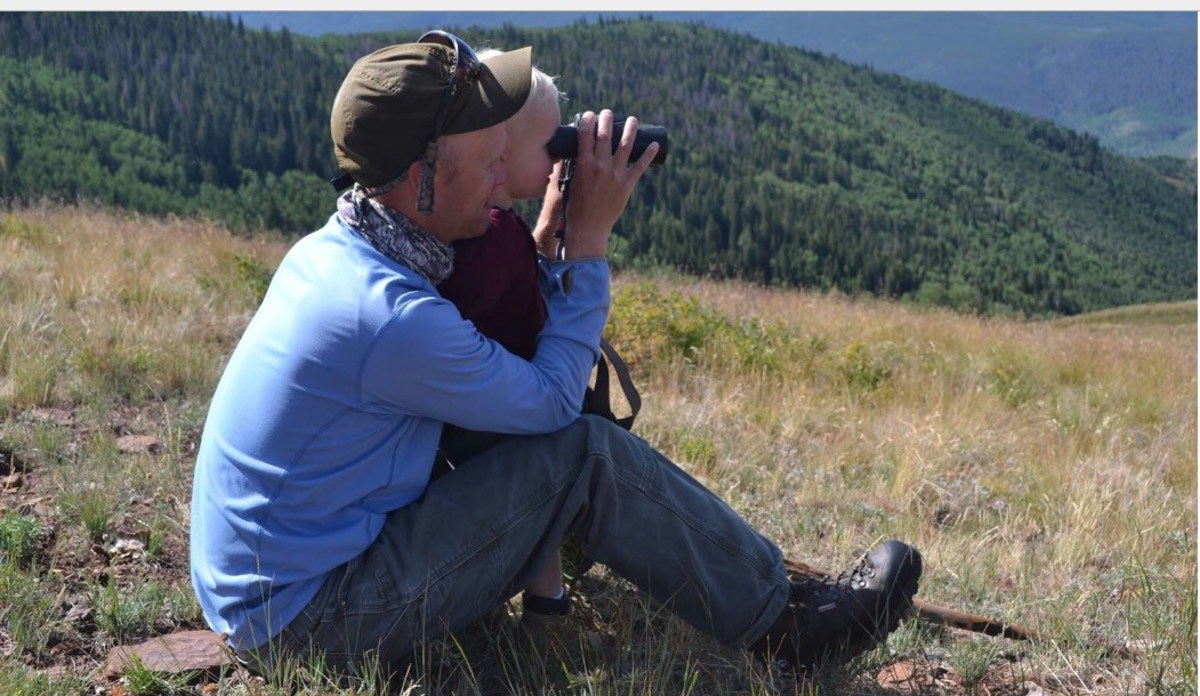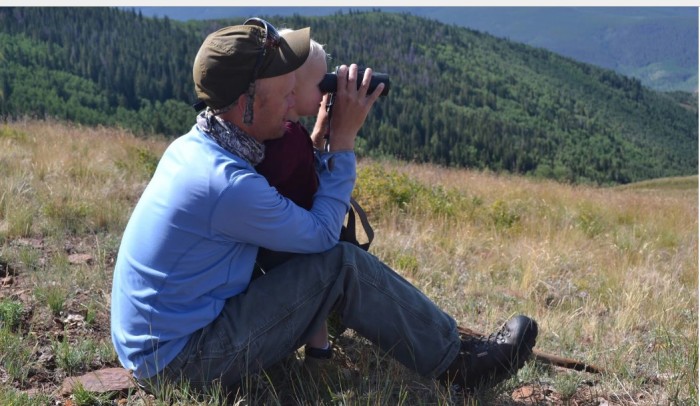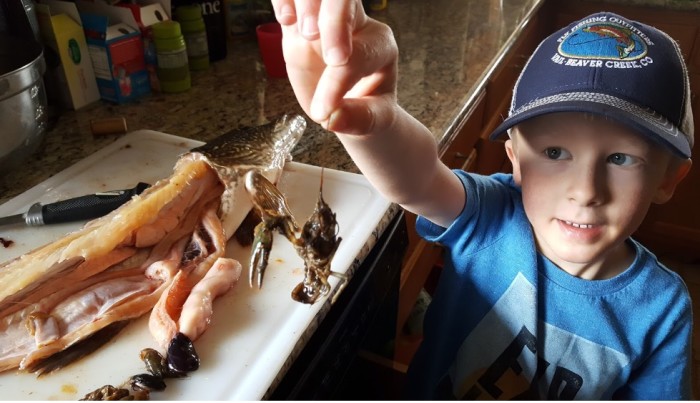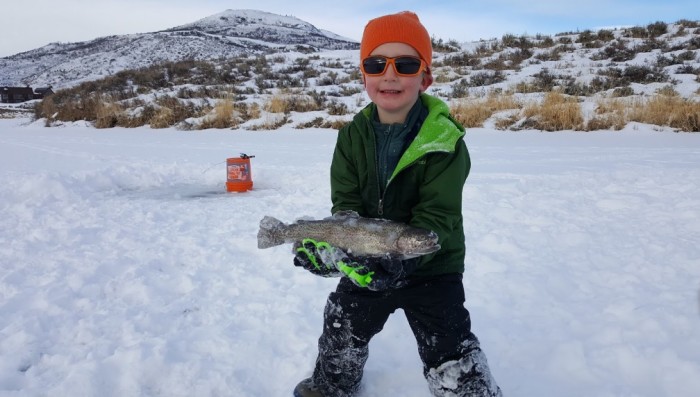
At MeatEater, we get a lot of requests about how to get your kids involved in hunting and fishing. As a father of two young boys, I’m always thinking about how to cultivate their interest in the outdoors with an eye towards creating future hunting and fishing buddies. While there’s not a straightforward formula to turn every kid into a hunter or angler, there is definitely some do’s and don’ts when it comes to turning your kids into future MeatEaters.
Here’s some tips for introducing kids to hunting and fishing:
Age matters. Most kids are ready to enjoy fishing by the time they’re two or three years old. Kids enjoy being around water and there’s usually critters like frogs or crayfish to catch even if the fishing is slow.
When it is time to consider introducing hunting, consider not only your child’s age but also their maturity level. There’s no definitive point when all children are ready to start hunting. From a legal standpoint, legal hunting age requirements vary from state to state from no minimum age to twelve years old. And, they’ll need to pass a hunter’s education course before they can get their first hunting license.
But even if a kid isn’t legally old enough to hunt, they can accompany you in the field. This is a good opportunity to begin talking about some of the complex ideas and practices that go with hunting, ranging from the natural cycles of life and death to basic safety protocols. Don’t sugarcoat these topics, and don’t wait too long to begin talking about them. And make sure to emphasize the aspects of hunting that kids can engage in, such as woodsmanship skills, wildlife observation, and eating wild game.
It’s their time, not yours. Don’t confuse your goal of shooting a big buck or catching a 5 pound bass with the importance of making your children’s time in the outdoors as fun as possible. Your hunting or fishing outing might turn into a nature walk or a rock throwing contest, but that is alright. And, keep in mind, kids have a limited attention span and they may get tired. Don’t push your hunting or fishing time past the point of enjoyment.
Make it fun and exciting. Fishing is a great gateway to hunting but action is important. Catching a bunch of small sunfish is better than trolling all day trying to catch a single muskie. When you do take your kids hunting, seeing any animal is a moment to be celebrated.
You can explain the importance of being quiet and stealthy but expect some hiccups. It’s not the end of the world if your child breaks out in song in the blind or snaps a few sticks while you’re creeping through the woods. Use any chance you get, even chipmunks or songbirds, to practice stalking. Kids love sneaking up on things.
Start small and manage expectations with hunting. Kids are easily pleased. Their first animal doesn’t need to be a trophy buck. They’ll get fired up over a squirrel or a rabbit and a doe is just fine for their first big game kill.
Kids want to learn. Use any opportunity to educate your kids about the natural world. Point out animal tracks and droppings, and listen for calls. Carry guide books that identify tracks and scat, bird species and types of plants.
Bring along game calls and let your kids use them. Squealing on a cow call, banging some antlers together or working a turkey box call will get your kids engaged in the hunt. If they get a response from a distant bull or gobbler, it’ll be a magical moment.
When it comes to hunting and fishing gear, a lot of the stuff made for kids is junk. Let them learn how to fish with the same basic level of gear that you use rather than a yard-sale kiddy rod and reel with rotten monofilament line.Buy them decent hunting clothes and boots so they don’t suffer in cold, wet weather. Let them use your binoculars now and then to spot game or pass on an old but usable pair to them. Present them with their own knife. They’ll appreciate being treated like an adult.
Teach your kids how clean fish and game. Chances are, instead of being grossed out, they’ll be very interested in the anatomy of animals. Take the time to examine the stomach contents of fish or the crops of game birds. Kids can also save some souvenirs after the kill is processed. They could start a collection of feathers, nail a fish head to a tree until it cures and dries, or make their own lucky rabbit’s foot.
Celebrate eating your catch or kill, even if it’s only a single squirrel or a couple of small trout. We all take a certain amount of pride in eating wild game we procured ourselves. Kids are no different. Make a big deal out of eating whatever they caught or hunted. Let them have a say in how they’d like their meal prepared and let them help cook it. This will help to teach them that the food we eat is the primary reason we hunt.
Not every fishing or hunting day ends successfully and it’s not always sunny and warm. If your kids have had a few successful outings, a slow day can be an opportunity to teach them that fishing and hunting can be hard. If the weather doesn’t cooperate, don’t let that be the reason your day comes to an end. If you do, you’ll be teaching them that quitting is acceptable. A little suffering goes a long ways towards creating an angler or hunter who understands that hard work pays off. Just don’t overdo it and make it so miserable they’ll never want to go again.
Finally, don’t force it and don’t say no. For example, don’t force them to go hunting instead of going to their best friend’s birthday party. On the other hand, if your child asks to go hunting or fishing, drop everything and take them.
Brody Henderson
Brody Henderson is a hunter, fly fishing guide, writer, wilderness production assistant for the MeatEater television show and MeatEater‘s editorial contributor








